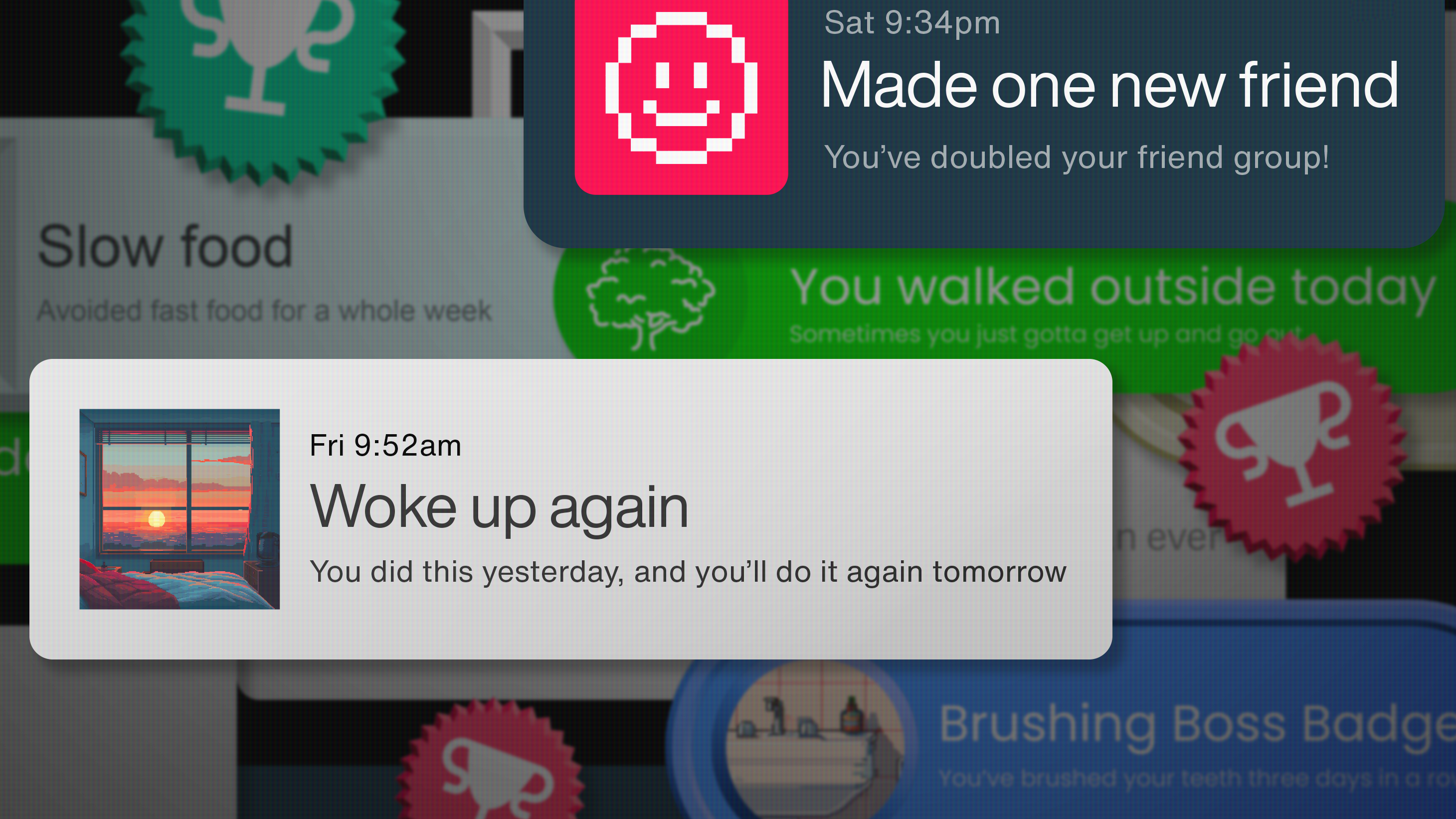The Download: a 30-year old baby, and OpenAI’s push into colleges
This is today’s edition of The Download, our weekday newsletter that provides a daily dose of what’s going on in the world of technology.
Exclusive: A record-breaking baby has been born from an embryo that’s over 30 years old
A baby boy has just won the new record for the “oldest baby.” Thaddeus Daniel Pierce, who arrived on July 26, developed from an embryo that had been in storage for 30 and a half years.
Lindsey and her husband, Tim Pierce, who live in London, Ohio, “adopted” the embryo from Linda Archerd, who had it created in 1994. The couple, aged 35 and 34, respectively, had been trying for a baby for seven years. Read more about their remarkable story.
—Jessica Hamzelou
OpenAI is launching a version of ChatGPT for college students
OpenAI is launching Study Mode, a version of ChatGPT for college students that it promises will act less like a lookup tool and more like a friendly, always-available tutor.
The chatbot begins by asking what the student wants to know and then attempts to build an exchange, where the pair work methodically toward the answer together. OpenAI says the tool was built after consulting with pedagogy experts from over 40 institutions.
But there’s an ambitious vision behind Study Mode: It’s part of a wider push by OpenAI to get AI more deeply embedded into classrooms when the new academic year starts in September. Read the full story.
—James O’Donnell
MIT Technology Review Narrated: Are we ready to hand AI agents the keys?
In recent months, a new class of agents has arrived on the scene: ones built using large language models. Any action that can be captured by text—from playing a video game using written commands to running a social media account—is potentially within the purview of this type of system.
LLM agents don’t have much of a track record yet, but to hear CEOs tell it, they will transform the economy—and soon. Despite that, like chatbot LLMs, agents can be chaotic and unpredictable.
This is our latest story to be turned into a MIT Technology Review Narrated podcast, which we publish each week on Spotify and Apple Podcasts. Just navigate to MIT Technology Review Narrated on either platform, and follow us to get all our new content as it’s released.
The must-reads
I’ve combed the internet to find you today’s most fun/important/scary/fascinating stories about technology.
1 The first tsunami waves have reached the US West Coast
But early damage from the powerful Russian earthquake has been thankfully limited. (WP $)
+ It’ll take some time before we can be confident there’s no danger, though. (WSJ $)
+ These underwater cables can improve tsunami detection. (MIT Technology Review)
2 Google has signed the EU code of practice
Despite criticisms from the US that it stands to stifle growth. (FT $)
+ Europe and America are taking very different paths. (The Register)
3 NASA is launching a new Earth-observing satellite today
It’ll keep a watch over precursors to earthquakes, landslides and volcanoes. (BBC)
+ Its data will be turned into maps to help scientists better respond. (NYT $)
4 US antibiotics research is likely to suffer without federal funding
It plays a critical role in antibiotic discovery. (Undark)
+ How bacteria-fighting viruses could go mainstream. (MIT Technology Review)
5 Russia is building its own new web
And at its heart is VK Co, a social network controlled by its government. (Bloomberg $)
+ How Russia killed its tech industry. (MIT Technology Review)
6 How Anthropic became so good at coding
Everyone else in Silicon Valley is dying to know. (Insider $)
+ The second wave of AI coding is here. (MIT Technology Review)
7 Demand for Vietnam’s chips is booming
It’s reaping the benefits of the world looking for alternatives to China’s products. (Rest of World)
+ Things aren’t looking great for AI chipmaker Groq. (The Information $)
8 Yelp has started making its own AI restaurant videos
And users can’t opt out of having their photos used in them. (The Verge)
9 Are memes the new comics?
If comics didn’t have a plot, that is. (Ars Technica)
+ Generative AI is reshaping South Korea’s webcomics industry. (MIT Technology Review)
10 Starbucks is abandoning launching stores that only accept mobile orders 



The vibes are off, apparently. (WSJ $)
Quote of the day
“Any lawyer unaware that using generative AI platforms to do legal research is playing with fire is living in a cloud.”
—Judge Michael Slade criticizes a lawyer who used AI-generated citations in a legal case, PC Gamer reports.
One more thing



The return of pneumatic tubes
Pneumatic tubes were once touted as something that would revolutionize the world. In science fiction, they were envisioned as a fundamental part of the future—even in dystopias like George Orwell’s 1984, where they help to deliver orders for the main character, Winston Smith, in his job rewriting history to fit the ruling party’s changing narrative.
In real life, the tubes were expected to transform several industries in the late 19th century through the mid-20th. For a while, the United States took up the systems with gusto.
But by the mid to late 20th century, use of the technology had largely fallen by the wayside, and pneumatic tube technology became virtually obsolete. Except in hospitals. Read the full story.
—Vanessa Armstrong
We can still have nice things
A place for comfort, fun and distraction to brighten up your day. (Got any ideas? Drop me a line or skeet ’em at me.)
+ This sweet baby pudu fawn is just too cute for words.
+ There’s some great picks in this list of the 100 best podcasts (and some shocking omissions).
+ The infamous gigantic Home Depot skeleton is getting a voice!
+ If you’re never not thinking about the Roman empire, here’s what happened after it all came crashing down.













